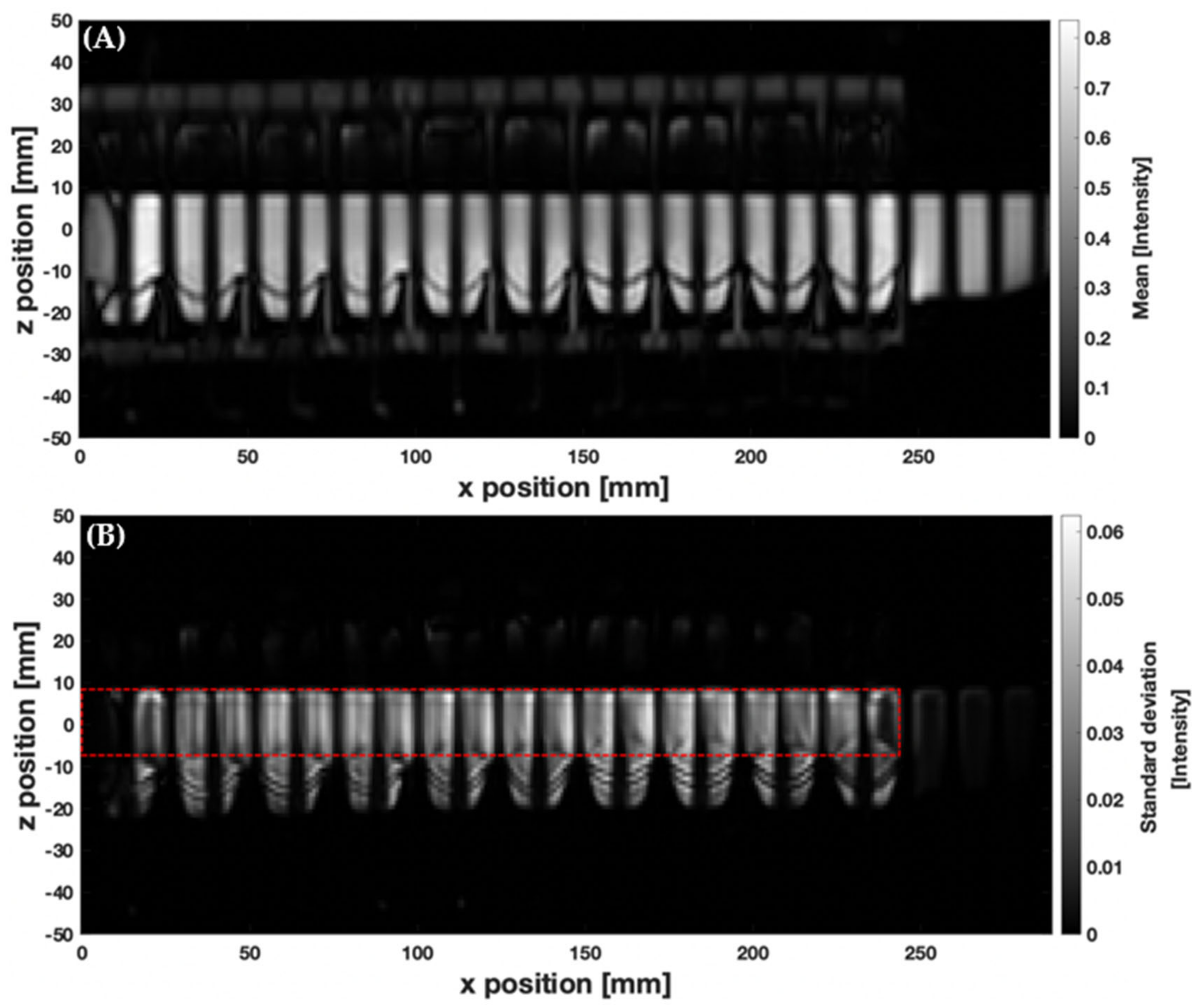

The COVID-19 recession is an economic recession happening across the world economy in 2020 due to the COVID-19 pandemic. This demand has led to an increase in prices of up to twenty times the normal price and also induced delays on the supply of medical items for four to six months. The demand for personal protection equipment has risen 100-fold, according to WHO director-general Tedros Adhanom. Hong Kong raised its infectious disease response level to the highest and declared an emergency, closing schools until March and cancelling its New Year celebrations. These regions represented 80% of the country's GDP and 90% of exports. In 24 of China's 31 provinces, municipalities and regions, authorities extended the New Year's holiday to 10 February, instructing most workplaces not to re-open until that date. Many Lunar New Year events and tourist attractions were closed to prevent mass gatherings, including the Forbidden City in Beijing and traditional temple fairs. A number of events involving large crowds were cancelled by national and regional governments, including annual New Year festivals, with private companies also independently closing their shops and tourist attractions such as Hong Kong Disneyland and Shanghai Disneyland. The initial outbreak of the pandemic in China coincided with the Chunyun, a major travel season associated with the Chinese New Year holiday. On 20 April 2020, prices dropped below zero for the first time in recorded history. Movement of WTI crude oil price from 2019.

Possible instability generated by an outbreak and associated behavioural changes could result in temporary food shortages, price spikes, and disruption to markets.


This culminated in the 2020 stock market crash. By 28 February 2020, stock markets worldwide realized their largest single-week declines since the financial crisis of 2007–2008. Global stock markets fell on 24 February 2020 due to a significant rise in the number of COVID-19 cases outside mainland China. The technology industry, in particular, has been warning about delays to shipments of electronic goods. There have been widespread reports of shortages of pharmaceuticals, with many areas seeing panic buying and consequent shortages of food and other essential grocery items. There have been instances of price gouging. ĭuring the earlier stage of the pandemic, supply shortages were expected to affect a number of sectors due to panic buying, increased usage of goods to fight the pandemic, and disruption to factories and logistics in mainland China. The pandemic caused the 2nd largest global recession in history, with more than a third of the global population at the time being placed on lockdown. As the SARS-CoV-2 virus has spread around the globe, concerns have shifted from supply-side manufacturing issues to decreased business in the services sector. The COVID-19 pandemic has had far-reaching economic consequences beyond the spread of the disease itself and efforts to quarantine it.


 0 kommentar(er)
0 kommentar(er)
